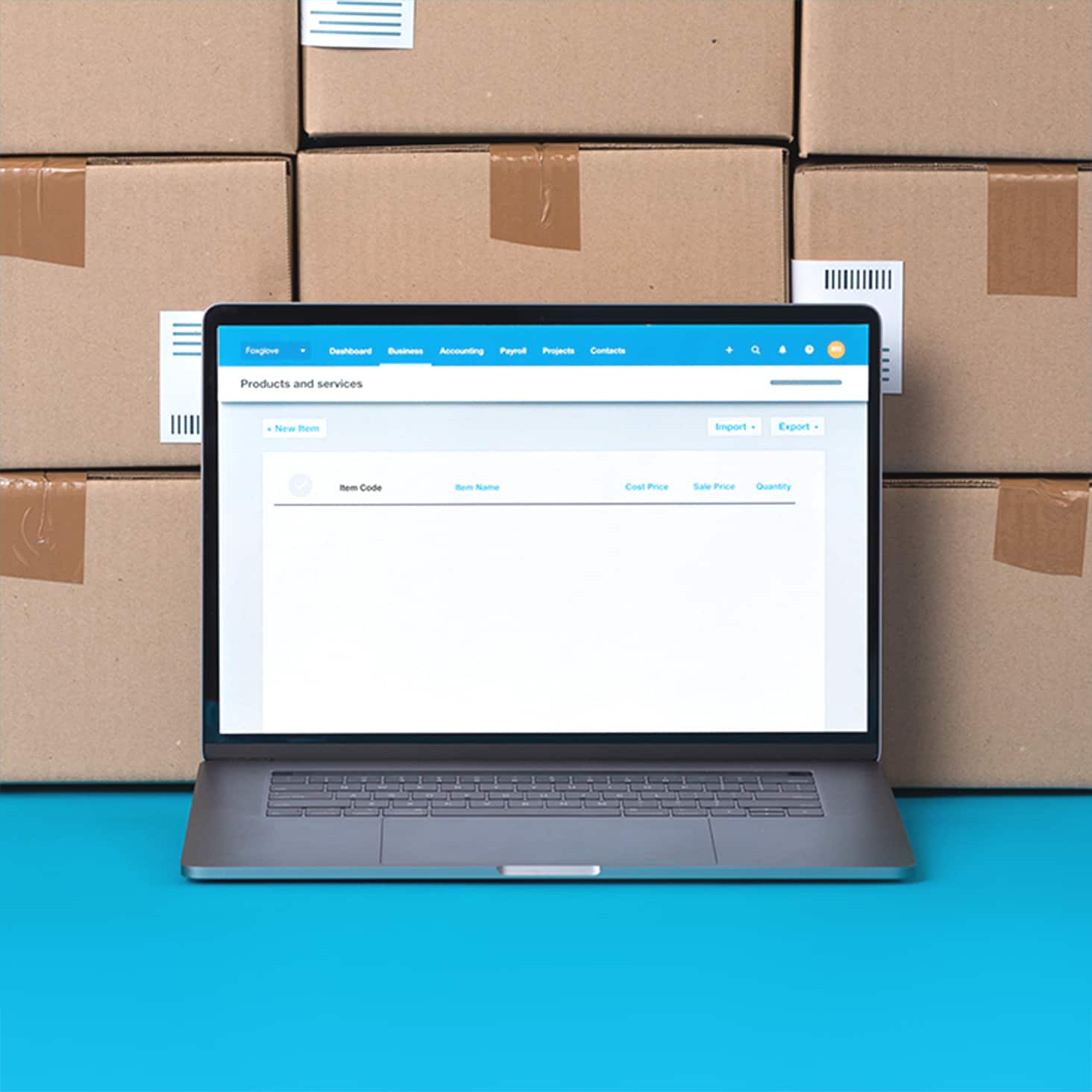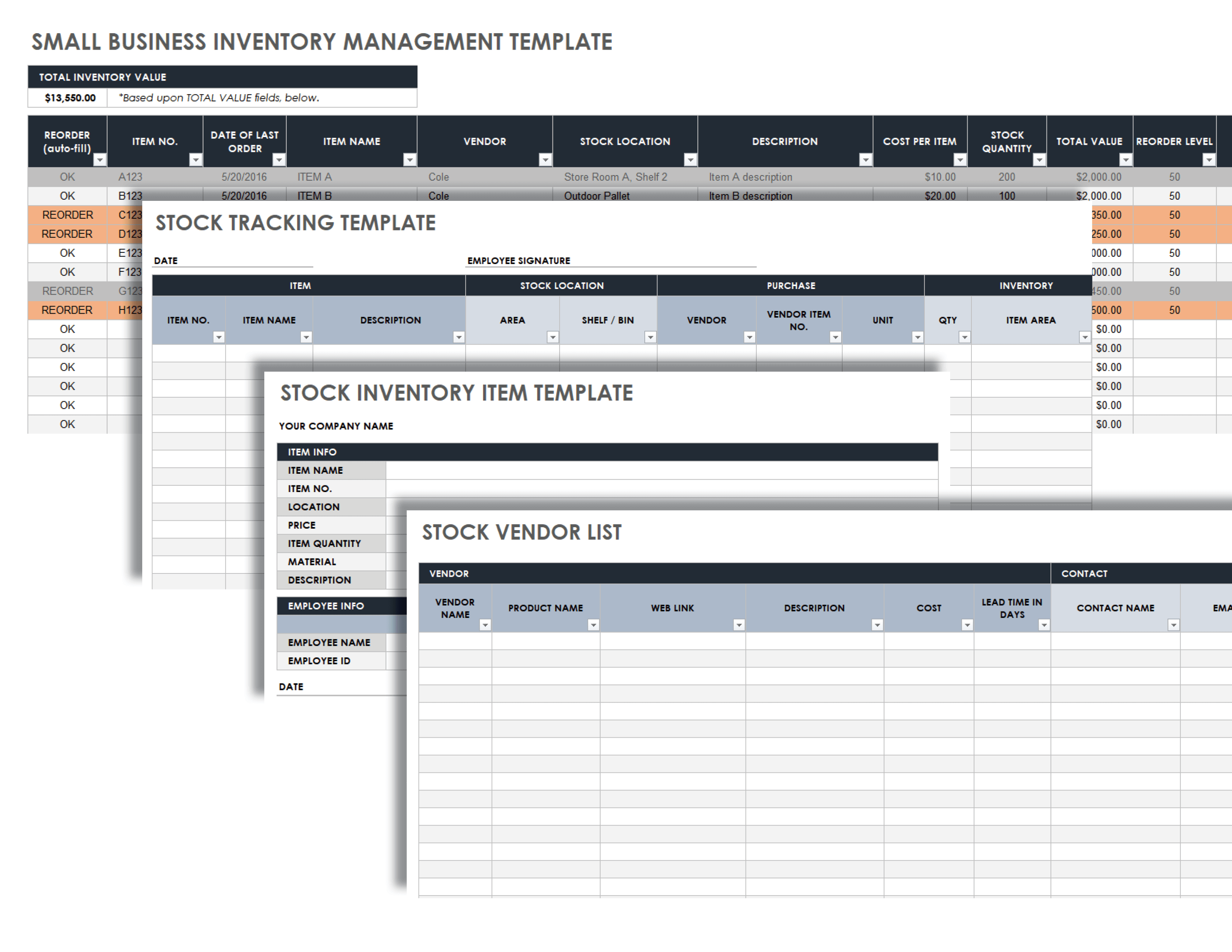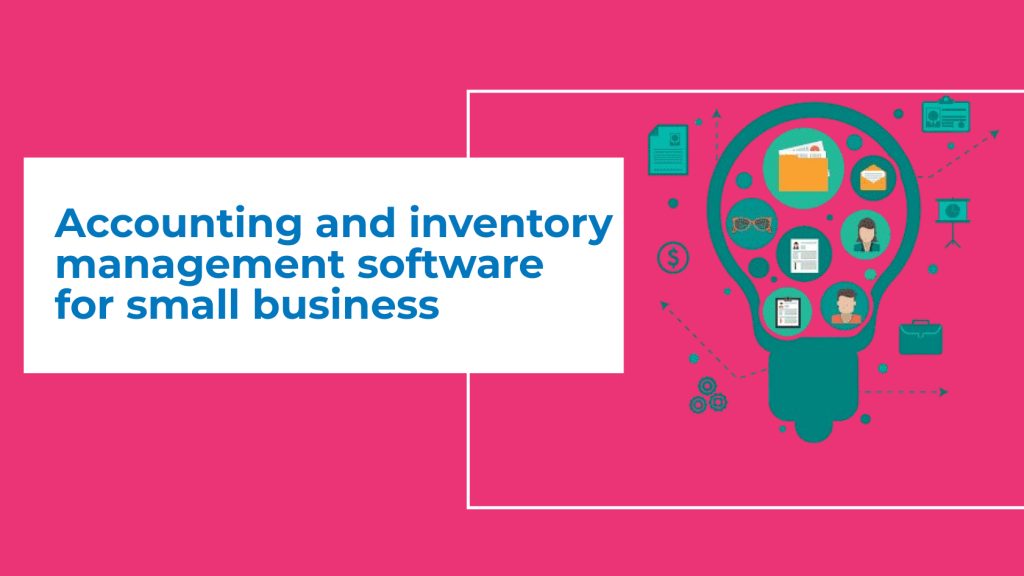Running a small business involves managing many tasks. Accounting and inventory management are two critical ones.
Small business owners often juggle multiple roles. Keeping track of finances and inventory can be overwhelming. That’s where specialized software comes in handy. Accounting and inventory management software can streamline these tasks, making them more manageable. It helps you keep accurate records, track stock levels, and ensure financial health.
In this blog post, we’ll explore how this software can benefit your small business. Whether you’re a startup or an established company, using the right tools can save time and boost efficiency. So, let’s dive into how accounting and inventory management software can transform your business operations.

Credit: www.xero.com
Importance Of Accounting Software
The importance of accounting software in small businesses cannot be overstated. This essential tool helps manage finances, track expenses, and ensure accuracy. With the right software, businesses can save time and reduce stress. It allows owners to focus on growth rather than worrying about bookkeeping. Let’s explore how accounting software can benefit small businesses.
Streamlining Finances
Accounting software streamlines finances by automating many tasks. It handles invoicing, payroll, and expense tracking efficiently. This automation helps avoid the tedious manual entries. Business owners can generate financial reports with a few clicks. These reports offer insights into profitability and cash flow. With such insights, decision-making becomes easier and more informed.
Reducing Errors
Manual accounting is prone to errors. Mistakes in numbers can lead to financial losses. Accounting software reduces errors significantly. It automatically calculates totals and applies tax rules. This ensures accuracy in financial records. Furthermore, it eliminates the risk of duplication. With fewer errors, businesses can maintain accurate financial statements.

Credit: www.linkedin.com
Benefits Of Inventory Management Tools
Small businesses often face challenges in managing their inventory effectively. Accounting and inventory management software can provide significant advantages. Here are some key benefits of using inventory management tools for small businesses.
Stock Tracking
One of the most important features of inventory management tools is stock tracking. Stock tracking helps you monitor every item in your inventory. This ensures that you always know what you have on hand.
- Real-time updates on stock levels
- Reduced risk of overstocking or understocking
- Improved order accuracy
With real-time updates, you can see inventory changes instantly. This reduces errors and improves efficiency. Stock tracking also helps prevent overstocking, saving storage costs. Additionally, it ensures you don’t run out of popular items.
Demand Forecasting
Another crucial benefit is demand forecasting. Demand forecasting helps you predict future inventory needs. This enables you to plan ahead and make informed decisions.
- Accurate predictions based on historical data
- Better planning for seasonal demand
- Optimized purchasing decisions
By analyzing past sales data, the software provides accurate demand predictions. This helps you prepare for high-demand seasons and avoid stockouts. Optimized purchasing decisions lead to cost savings and better resource allocation.
In summary, inventory management tools offer numerous benefits. They help small businesses track stock efficiently and forecast demand accurately. These tools are essential for maintaining a healthy inventory and improving business operations.
Choosing The Right Software
Choosing the right software for accounting and inventory management is crucial for small businesses. It ensures smooth operations and saves time. But with many options available, how do you make the best choice? Here are some key considerations to help you decide.
Budget Considerations
Your budget plays a critical role in selecting the right software. Small businesses often have limited funds. It’s essential to find a solution that fits your budget.
- Free or Low-Cost Options: Some software offers free versions or low-cost plans. These can be great for startups.
- Subscription Plans: Monthly or annual subscriptions might be more affordable. They also often include updates and support.
- One-Time Purchase: Some software requires a one-time fee. This can be cost-effective in the long run.
Consider any additional costs. This includes training, support, and potential upgrades.
Feature Requirements
Identify the features you need. Not all software will have everything you want.
- Basic Accounting: Ensure the software handles invoices, expenses, and payroll.
- Inventory Management: Check for stock tracking, reorder alerts, and barcode scanning.
- Integrations: Look for compatibility with other tools you use. Examples include payment gateways, CRM systems, and e-commerce platforms.
- User-Friendly Interface: The software should be easy to use. This reduces the learning curve and improves efficiency.
Compare different software options. Make a list of must-have features. This will help you narrow down your choices.
Integration With Other Systems
Integration with Other Systems is vital for small businesses. It ensures smooth operations and data accuracy. Accounting and Inventory Management Software can connect with various systems. This integration saves time and reduces errors. Let’s explore how this works with some common systems.
Point Of Sale Integration
Point of Sale (POS) integration is essential for retail businesses. It connects the sales system with accounting and inventory management. This link updates data in real-time.
- Real-time Updates: Sales data updates immediately in the inventory and accounting system.
- Error Reduction: Automatic data entry reduces manual errors.
- Improved Reporting: Generate accurate reports with integrated data.
Many POS systems offer integration options. Look for software that supports your POS system.
E-commerce Platforms
E-commerce integration is crucial for online businesses. It syncs your online store with your accounting and inventory management software. This ensures accurate records and efficient operations.
- Inventory Sync: Keep inventory levels updated across all platforms.
- Order Management: Manage orders from a single interface.
- Financial Accuracy: Sync sales data with accounting for precise financial records.
Popular e-commerce platforms like Shopify, WooCommerce, and BigCommerce offer integration options. Choose software that supports these platforms for better efficiency.
Tips For Successful Implementation
Implementing accounting and inventory management software in a small business can be challenging. But with the right tips, the process can be smoother and more efficient. Here, we will discuss key strategies to ensure successful implementation.
Employee Training
Employee training is vital. Without proper training, your staff may struggle. They need to understand how to use the new system. Organize training sessions. Make sure everyone attends.
- Hands-on sessions: Allow employees to practice.
- Documentation: Provide detailed guides and manuals.
- Support: Offer ongoing support to resolve issues.
Training should be continuous. Keep your team updated with new features. This ensures smooth operations.
Data Migration
Data migration is the process of transferring data. It is critical in the implementation process. Follow these steps for successful data migration:
- Data Cleaning: Remove duplicate and outdated information.
- Data Mapping: Align old data fields with the new system.
- Testing: Run tests to ensure data accuracy.
- Backup: Always create a backup before migration.
Proper data migration ensures that you retain important information. It also helps in maintaining data integrity.

Credit: www.smartsheet.com
Frequently Asked Questions
What Is Accounting And Inventory Management Software?
Accounting and inventory management software helps businesses track finances and manage stock levels.
Why Do Small Businesses Need Accounting Software?
Small businesses need accounting software to manage expenses, track income, and ensure accurate financial records.
How Can Inventory Management Software Benefit Small Businesses?
Inventory management software helps small businesses avoid stockouts, reduce overstock, and streamline operations.
What Features Should Small Business Accounting Software Have?
Small business accounting software should include invoicing, expense tracking, reporting, and integration with bank accounts.
Is Accounting And Inventory Management Software Easy To Use?
Yes, many accounting and inventory management tools are user-friendly and designed for small business owners.
Conclusion
Choosing the right accounting and inventory software boosts small business efficiency. It saves time. It reduces errors. It offers better financial insights. Many options exist, each with unique features. Assess your needs. Pick software that fits your budget. Training staff is crucial.
Proper use maximizes benefits. Small businesses thrive with good tools. Start today. Improve your operations. Happy accounting!


